They met in the middle of a war zone in Iraq, and fell for each other almost instantly.
Pete Reed, 33, had been a U.S. Marine who did two tours of duty in Afghanistan. After becoming a paramedic stateside, Pete founded Global Response Medicine, which is what took him back to another war zone.
Alex Reed was the same age when she arrived in Iraq. A photojournalist with credits in The New York Times and National Geographic, she got on a plane on impulse to cover the war. But after seeing the massive number of journalists already there, she decided to offer her nursing skills instead.
Alex found Pete’s team on Facebook. She reached out and asked him if he wanted a volunteer, and then beelined to the unit and straight into the field. It was during the grueling battle for Mosul.
After their service in the war, Pete and Alex moved back to the U.S., lived in a bunch of states, and became husband and wife. Life was good. But after just missing out on a great job as a paramedic, Pete was asked to be Country Director for a small NGO that was working to save lives in Ukraine. Alex didn’t love the idea, but the couple always supported each other’s purpose. She wanted him to be happy.
I remember the day I learned about Pete’s death in the news. It totally grabbed me. The photos of him. Of his life with Alex. Snuffed out by the senselessness of war. I went down a rabbit hole, and never forgot.
A few weeks ago I found Alex online and reached out to ask her if she’d do an interview. We spoke over the weekend, and that’s where this story begins (full interview video above). The first thing I asked Alex: What was it about Pete that pulled her in so fast.
“Pete was so gregarious, you know. He was loud and proud and wild, and I think part of that was his personality He definitely knew how to lead and how to take charge of people, which was both amazing for our medical work — and very attractive to me. He had like a heart of gold underneath. And it wasn't just in the field.”
As soon as Pete got to Ukraine in early 2023, he was trying to do something similar to what his team did in Mosul: Assessing a far forward location to see if it was feasible to set up as a trauma stabilization point. But on the way back, he got word that a woman had taken fire, and so he rerouted his team. Alex describes what happened next:
“They pulled up next to this woman, got out of the van, and within about 10 to 15 seconds of them exiting the van, it was hit by an anti-tank guided missile. So it definitely was not an accident. That didn't become clear till later, once we could get the video and break it down frame by frame. But it was definitely a guided, targeted attack against humanitarians.”
Alex went to Ukraine by way of Poland to see her love one last time. A man at the crematorium told her: “All of Ukraine thanks you for his service. We will always remember him.”
Upon her return home, Alex got two new tattoos in honor of Pete. One of them spelled out the mantra “Deeds, not words.” Alex had never heard Pete speak the phrase, but it was on the patch that was on his flak jacket when his body was recovered. She says it pretty well defined him:
“It definitely exemplified how he lived, and I think that ethos first and most fully came into play in Mosul…when we were in the field. When we were far forward, we were seeing all of these dead people, all of these injured people… I think Pete took a personal moral affront to people who were unwilling to leave their offices. I’m not saying either one is more of better. But we were the ones, like, putting hands on.”
It’s been just over two years since Alex and the world lost Pete. Alex moved to Montana and has been doing her best to chart a path forward. A failed knee operation and a decision to leave the Air Force has not made it easier. Even more challenging, just last week Alex lost someone who was a dear friend of hers and Pete’s. Chris Garrett, knowns as “Swampy” in the humanitarian community, was killed while working in Ukraine.
“I don't want to say it’s identical, but it’s very similar to what I went through. And I just wanted to acknowledge Chris, because he also had a heart of gold, loved Ukraine, and loved his work and all of those things.”
Alex’s answer set up my next question. The Russo-Ukraine War is still in the news, but not the way it was earlier in the conflict. Wars get politicized, and this one has been no exception. I asked Alex how she deals with that fact — knowing that people that she and Pete cared about are still in danger every day. She knew what I meant.
“I do. I feel like we have a 10-minute news cycle. And I think that we, as global citizens, have a much shorter attention span than we used to. It is hard for me to see a war like Ukraine kind of be put into the background or politicized. But I also think that's not uncommon with many wars that are going on right now, just as long as it doesn't involve the U.S. or it doesn't threaten our interests. And I can understand from an average citizen's perspective, like, you can only carry so much stress and care and worry in your life. So I understand why it happens. But it’s still still a little disheartening.”
When Pete was killed by that missile, the news spread fast and there were memorials and celebrations around the world. Alex couldn’t believe how broad of an impact his passing had made; people just connected to Pete’s character and his story. Through it, the depth of the losses that were happening every day in the war became more accessible to folks.
Before we finished our conversation and promised to keep in touch, I asked Alex a corny question: How does she continue to hold Pete in her heart as she moves on with her life?
“You know, someone told me this phrase that people die twice: once the day that they die, and the second time, when you stop saying their name. Now I have some widow friends, and we still talk about our late husbands or our late partners, and speak of them fondly. And then, if you do go into new partnerships or friendships, you have to surround yourself with people who are also willing to love and appreciate that memory.”
Alex is a competitive runner. During the last trail race she ran which traversed tricky mountainous terrain, she could hear Pete’s voice cheering her on. Just as he always did. Alex doesn’t know what she’s going to be sprinting toward next in her life; things are moving so fast. But she does know the role model that she will always try to follow.
“People ask me what I want to be as a leader and I never answered them this way but I really just want to be the type of leader that Pete was — forceful and in control, but also compassionate and willing to give everything up for the people that you're serving.”
*Parts of the preceding interview were edited for length and clarity.
**Donations to the organization Pete founded, Global Response Medicine, can be made here.




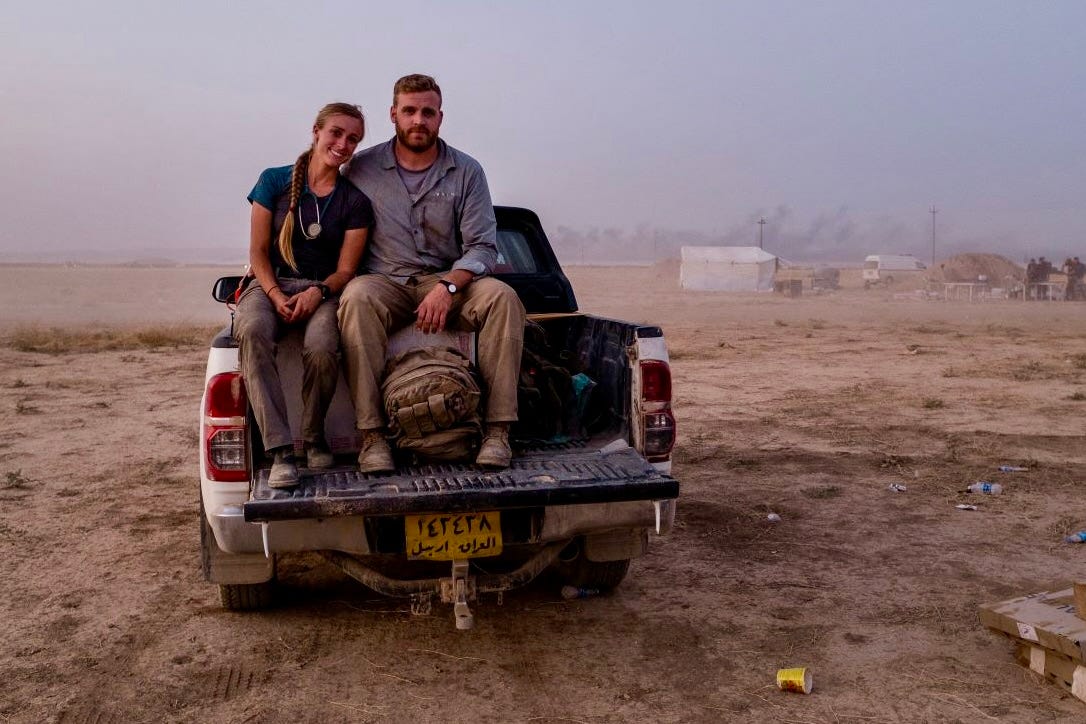
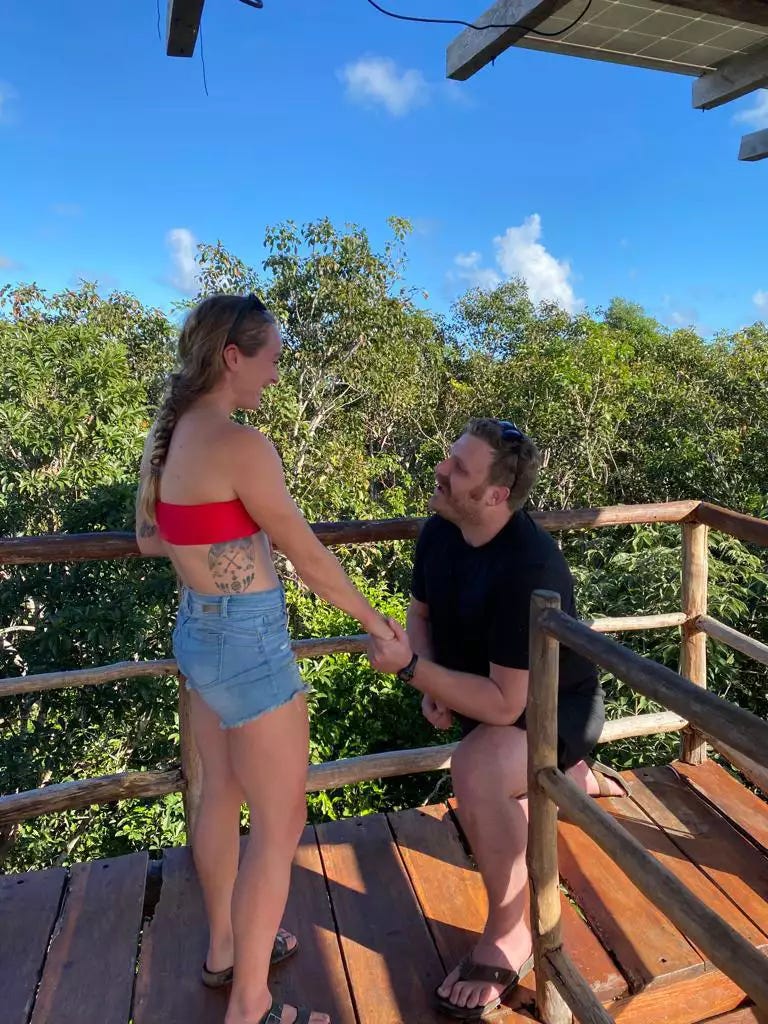

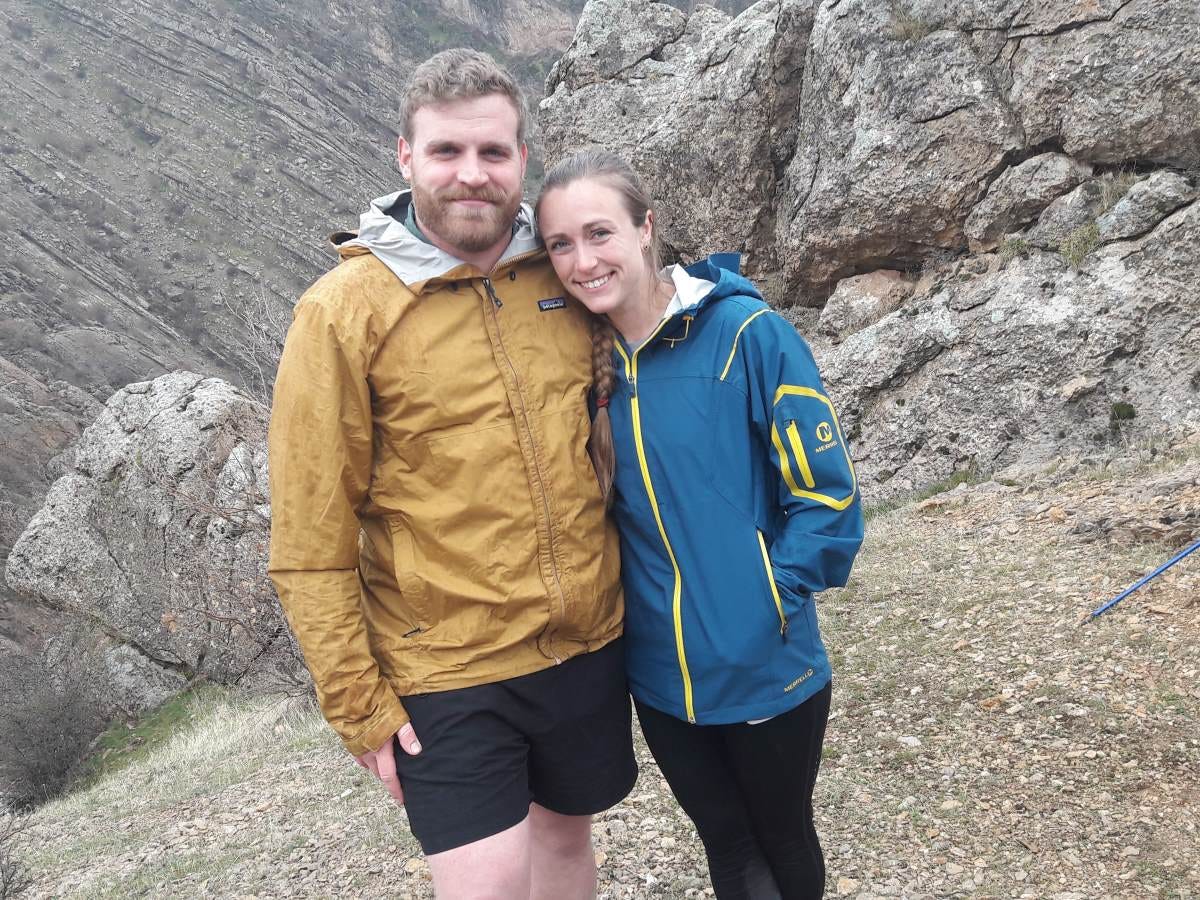
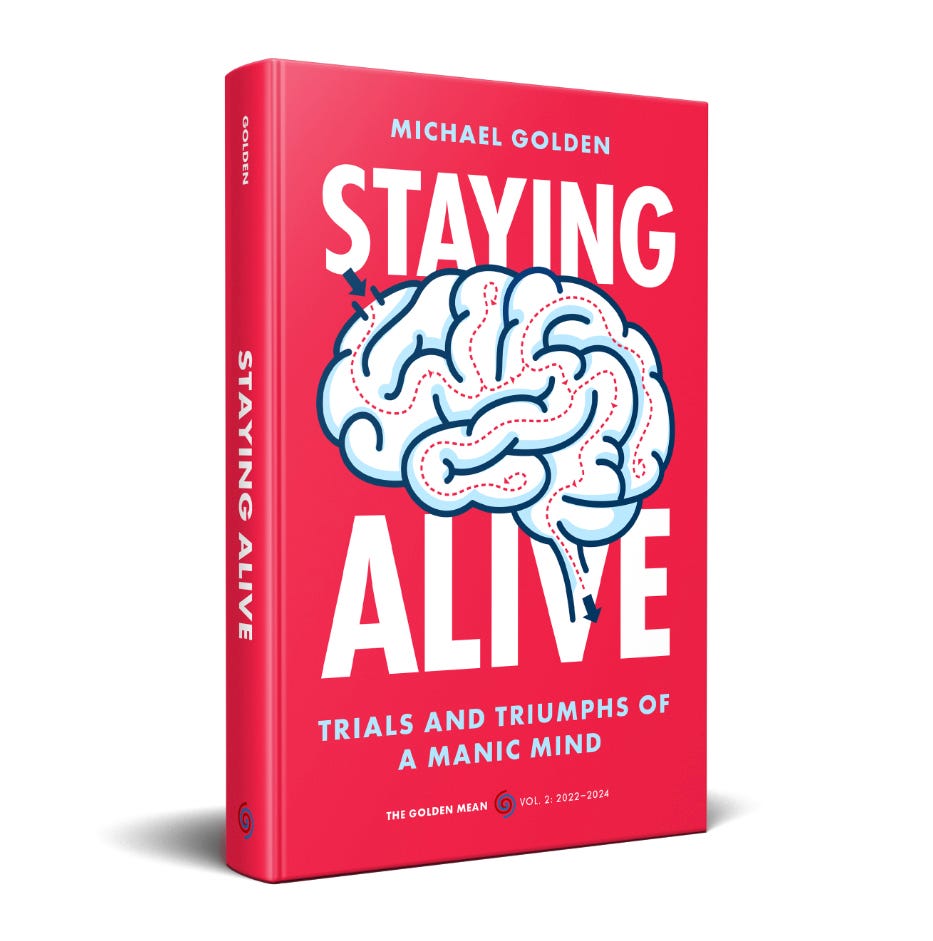




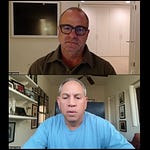
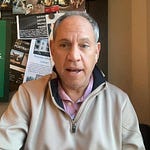



Share this post